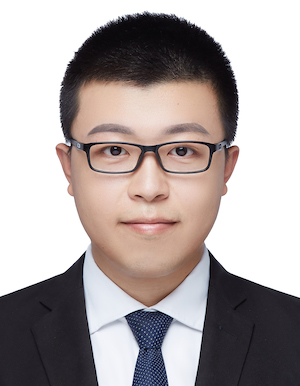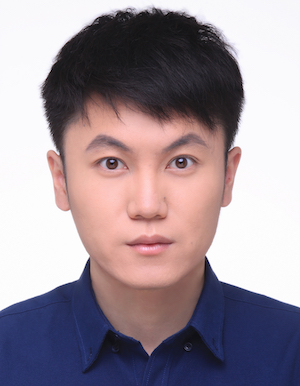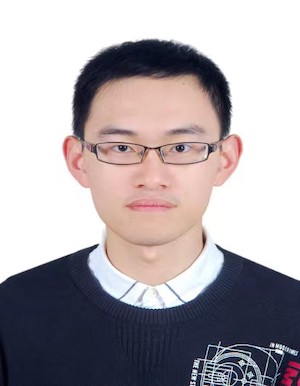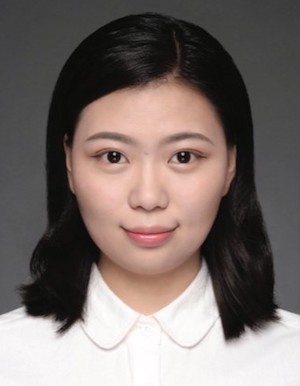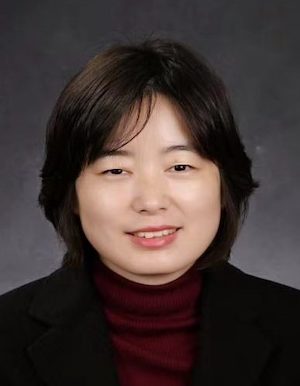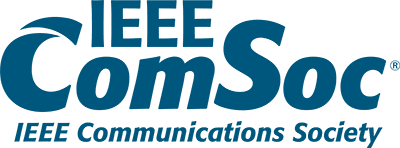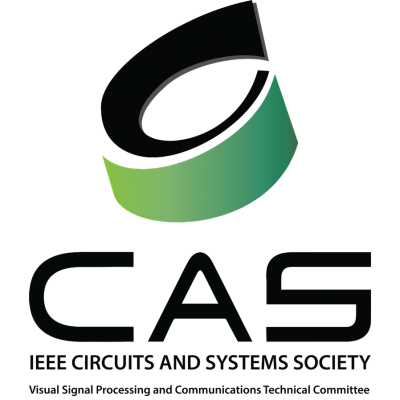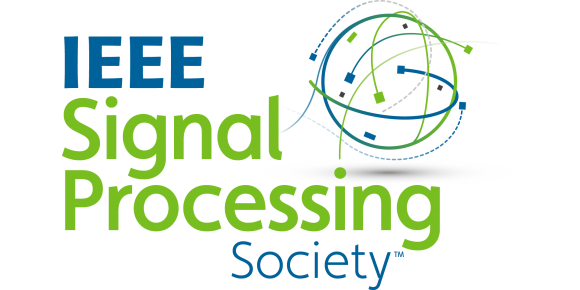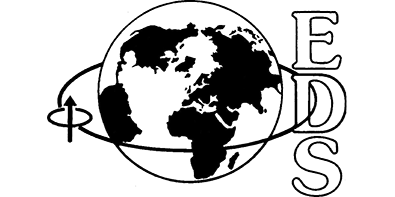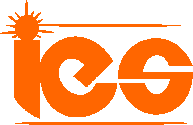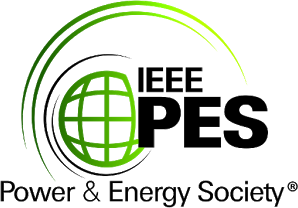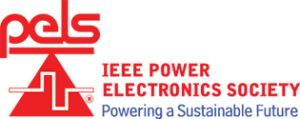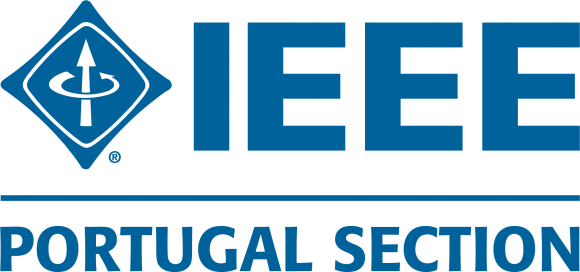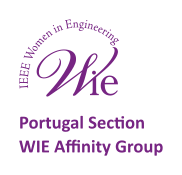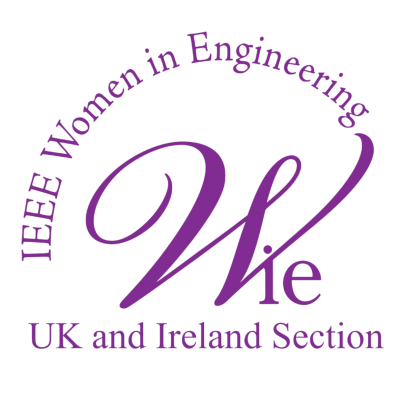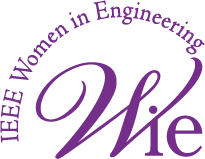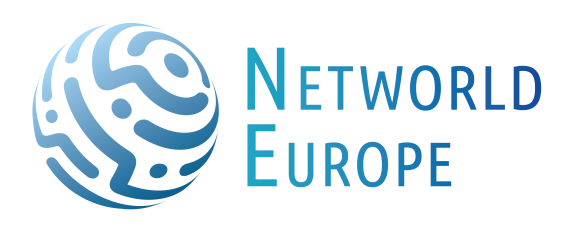1st Workshop on 6G Ambient IoT for A Sustainable Environment
Track ID: Work-13
Description
The ubiquitous sensor-rich mobile devices have been playing a vital role in the evolution of the Internet of Things (IoT), which bridges the gap between digital and physical spaces. However, high energy cost and short lifespan of these devices pose significant barriers to the spread of IoT applications. These concerns have drawn substantial attention from both academic and industrial sectors, emphasizing the need for sustainable IoT solutions. Recently, the concept of Ambient IoT has been proposed as a promising solution. relies upon energy harvesting as one of the key strategies for powering and transmit data using backscattering communications. Ambient IoT leverages energy harvesting and backscatter communication, allowing IoT devices to operate without batteries, and sustainably manage perception and communication within diverse 6G scenarios. The objective of this workshop is to discuss the networking and communication solutions for ambient IoT, as well as to demonstrate a cutting-edge hardware module and prototype for potential ambient IoT applications, and identifying an evolution path of Ambient IoT for the development of perceptible, controllable and sustainable future world.
Objectives and Motivation
Internet of Things (IoT) has become a pivotal driver in the growth of global industries. The proliferation of IoT devices creates significant issues of energy consumption for the six-generation (6G) scenarios. To address the issue, the low power networks diffuse in the industries, where the IoT devices are capable of harvesting energy from other sources. Recently, ambient IoT, in which a transmitter deliver data to the destination through backscattering ambient signals, becomes a crucial technology for low power networks. In contrast to earlier generations of IoT devices like Narrowband IoT (NB-IoT) and Long-Term Evolution Machine Type (LTE-M), Ambient IoT, which is proposed in 3GPP R18, is much smaller and less expensive. Without requiring a dedicated infrastructure, Ambient IoT devices harvest energy from the ambient environment, enabling two battery-free devices to communicate with each other by backscattering existing wireless signals. This innovative technique frees the IoT from the monetary burden of wired power connectivity or batteries, allowing a wide range of deployment of devices that were previously inaccessible. As a result, Ambient IoT has the potential to pave the way for a sustainable environment.
However, the integration of Ambient IoT into 6G communication systems still remain open issues. Both in academia and industry, the development of ambient IoT and backscattering communications is still in its infancy, and there are significant challenges to overcome. For instance, the communication ranges of Ambient IoT are still limited to a short distance and the energy harvesting efficiency does not come up to expectation. In addition, the PHY/MAC layers of ambient IoT require further research and designs. To address these challenges, our workshop hope researchers and engineers can share their initial yet promising ideas and engage in insightful discussions about Ambient IoT. Participants will gain insights into the challenges and opportunities associated with backscattering communication through interactive discussions, as well as the most recent advancements and trends in the industry. Additionally, our workshop will serve as a platform for participants to exchange experiences and viewpoints, and learn from each other's perspectives on Ambient IoT.
The objective of IEEE Internet of Everything (IoE) Special Technical Community (STC) is to significantly advance the key enabling technological areas, including sensing, data analytics, networking and security, in the context of IoT. IoE STC will also focus on the development of the IoE prototype and general platforms through collaborations between various institutions and industry. Therefore, IoE STC submits this workshop proposal to get involved in the WFIoT conference and keep paces with the cutting-edge innovations on ambient 6G IoT technology.
Novelty
Our workshop aims to provide a comprehensive understanding of backscatter communication within the context of Ambient IoT, with a particular focus on its applications and underlying technologies. Ambient IoT has been confirmed as a key component of 6G, yet its technical details are still in the initial stages and require more extensive exploration. Therefore, our workshop can effectively gather cutting-edge technology of ambient IoT, better illustrate how ambient IoT can be utilized to address a variety of challenges and opportunities in the context of IoT, and inspire engineers to develop practical solutions for implementing such technologies. In our workshop, the innovations related to ambient IoT will be fully discussed, which can be summarized as follows,
- The PHY layer techniques such as the energy harvesting, encoding, waveform design, modulation and interference elimination in the ambient IoT.
- The MAC layer techniques such as resource scheduling.
- The challenges of ambient IoT hardware design, especially the energy harvesting module design.
- The demos and prototype for ambient IoT applications.
- The frontier issues such as how to enhance the energy harvesting efficiency, communication range and data rate.
In all, our workshop will be dedicated in ambient IoT and highlight the technical innovations, thus forming a guidance towards the future development of energy efficient IoT for a sustainable life.
Workshop Content
Our workshop is aimed at synthesizing the latest research on Ambient IoT, as well as identifying future development trajectories for Ambient IoT. This workshop provides an open platform for academic researchers, scientists and industrial engineers to present their studies on new types of backscattering communications, demonstrate their applications, and discuss the future challenges and potential solutions. Additionally, our workshop aims to explore the vast market and revenue opportunities for Ambient IoT, and highlight that ambient IoT technology can facilitate the growth of economics while promoting environmental sustainability. In light of the increasing interests of the content, our workshop will focus on, but not be limited to, the following technical topics,
- State-of-the-art survey of standards, challenges and solutions for ambient 6G IoT
- Energy harvesting and transfer in ambient 6G IoT
- Signal processing and waveform design for ambient 6G IoT
- High-order modulation technique for ambient 6G IoT
- Massive multiple access technique for ambient 6G IoT
- MAC protocols design for ambient 6G IoT
- Resource management and scheduling for ambient 6G IoT
- Network architecture for ambient 6G IoT
- Hardware design and prototype of ambient 6G IoT
- Ambient 6G IoT applications in space, aerial, ground, and maritime
- Relay-based ambient 6G IoT system
- Sensing and computing in ambient 6G IoT
- Long-range energy harvest and data transmission in ambient 6G IoT
- Security and privacy in ambient 6G IoT
- Cost-effective computation and AI for ambient 6G IoT
- Simultaneous wireless information and power transfer (SWIPT) in ambient 6G IoT
Intended Audience
Our workshop mainly focuses on the technology of backscattering communications in IoT, especially the ambient IoT. Thus, the intended audience includes:
-
Scientists, academic researchers and students who are working on the backscattering communications and who would like to broaden the horizons and learn the leading-edge technology of IoT.
- Industrial engineers involved with the backscattering communication hardware or software design and prototype.
- All the other people who are interested in the ICT technology, especially backscattering communications and ambient IoT, are also the potential audiences of our track.
Paper Submission Deadline
Important Dates:
- Deadline for Paper Submissions: July 30th, 2023
- Acceptance Notification: September 8th, 2023
- Deadline for Camera-Ready Paper Submissions: September 29th, 2023
- Deadline for Presentation Submissions: October 2nd, 2023
Papers should be six (6) pages in length and follow the instruction provided for the main Conference. The conference allows up to two additional pages for a maximum length of eight (8) pages with payment of extra page charges once the paper has been accepted.
Please submit your paper for this Workshop using the link to eWorks:
Call For Papers:
If you have any questions, please contact Dr. Lu Hou: houlu8674@bupt.edu.cn
Chairs
Lu Hou: Beijing University of Posts and Telecommunications
Lu Hou received the B.S. and Ph.D. degrees from the Beijing University of Posts and Telecommunications (BUPT), Beijing, China, in 2014, and 2019, respectively. He is currently working as an assistant professor at Intelligent Computing and Communications (IC2) Lab, BUPT. He is now serving as the vice chair of the IEEE Internet of Everything (IoE) Special Technical Community (STC). His research interests include Internet of Things (IoT), vehicular networks and artificial intelligence.
Haojun Yang: University of Waterloo
Haojun Yang (Member, IEEE) received the B.S. degree in communication engineering and the Ph.D. degree in information and communication engineering from Beijing University of Posts and Telecommunications (BUPT), Beijing, China, in 2014 and 2020, respectively. He is currently a Postdoctoral Fellow with the Department of Electrical and Computer Engineering, University of Waterloo, Waterloo, Canada. His research interests include ultra-reliable and low-latency communications, radio resource management and vehicular networks.
Jie Mei: Ningbo University
Jie Mei received his B.S. degree from Nanjing University of Posts and Telecommunications (NJUPT), China, in 2013. He received his Ph.D. degree in Information and Communication Engineering at Beijing University of Posts and Telecommunications (BUPT) in June 2019. He was a Postdoctoral Associate with Electrical and Computer Engineering, Western University, Canada from 2019 to 2022. He is now a Research Associate in the Faculty of Electrical Engineering and Computer Science, Ningbo University, China. His current research interests include intelligent wireless communications, multi-dimensional intelligent multiple access techniques, and Vehicle-to-Everything (V2X) communications.
Yi Gong: Beijing Information Science and Technology University
Yi Gong received the B.S. degree in information and engineering from the Xi'an University of Posts and Telecommunications, Xi'an, Shannxi province, China, in 2013, the M.S. and Ph.D. degree from the School of Information and Telecommunication Engineering, Beijing University of Posts and Telecommunications, Beijing, China, in 2016 and 2020. She received the Ph.D. degree from the University of Technology Sydney, Australia, in 2022. She is currently an associate professor at Beijing Information Science and Technology University, Beijing, China. Her research interests include wireless communication and blockchain technology.
Lei Lei: University of Guelph
Lei Lei is currently an associate professor in the School of Engineering at the University of Guelph. Her research is focused on applying artificial intelligence and machine learning methodologies to the optimal control of Internet-of-Things (IoT) and mobile cloud/edge computing for applications such as smart grid, autonomous driving, and cloud robotics. She has more than hundred research publications including books and academic papers in international journals and conference proceedings. She has acquired solid research and mentoring experiences by working at universities in China, Australia, and Canada. She received the honor of 2021 N2Women: Stars in Computer Networking and Communications.



